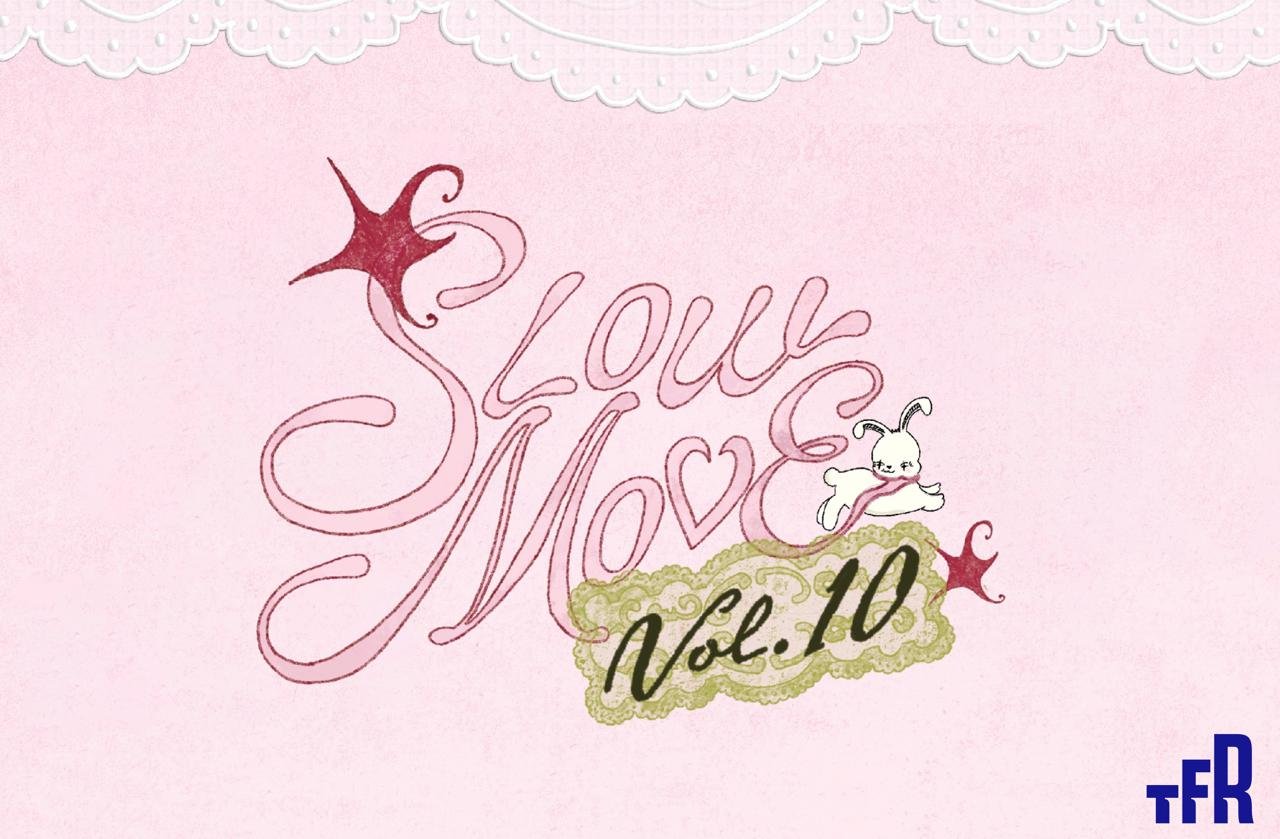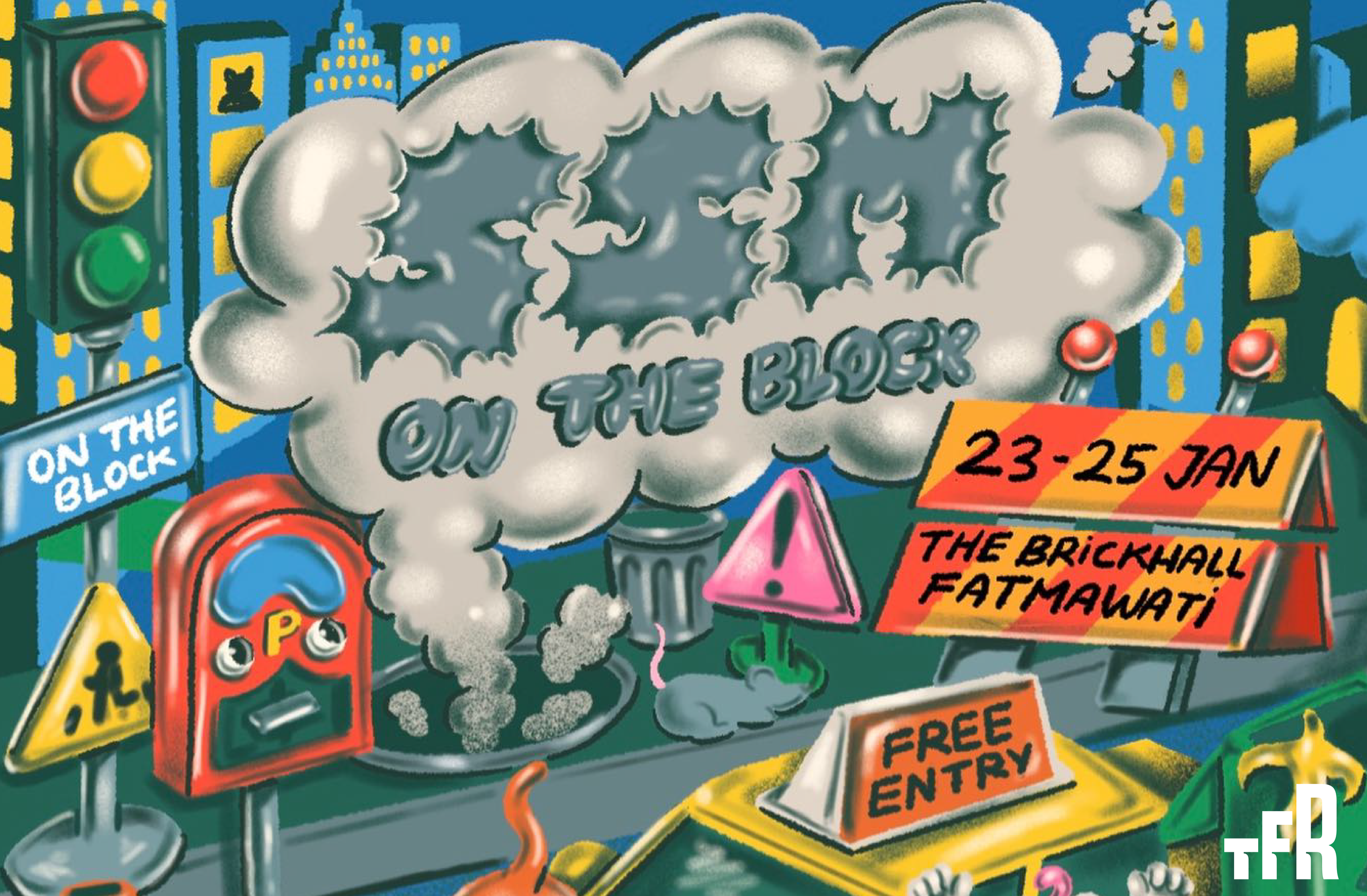Dubbing: More than switching languages
Written by Ardela Nabila | Read in Indonesian
"Takeshi's Castle" is probably a television (TV) programme that is deeply embedded in the hearts and memories of Indonesians.
The Japanese reality game, which was first aired in 1986 by the Tokyo Broadcasting System (TBS) and brought to Indonesia in 2002 by Televisi Pendidikan Indonesia (TPI), is now dubbed in Indonesian, bringing it closer to the local audience.
After 34 years, Fremantle Indonesia is bringing this iconic classic programme back to Indonesia through Prime Video, collaborating with artist and content creator Fluxcup as dub director and a horde of Indonesian comedians as dubbers to make it more relatable to the local audience.
"It's now more local, because if you look at the Japanese version, the jokes don't resonate with Indonesians. That's why I want to make the jokes relatable to the local audience, so everything is completely overhauled this season, making it a fresh spectacle compared to the original 'Takeshi's Castle'," Fluxcup explained.
“Takeshi’s Castle” is just one of the many foreign shows dubbed in Indonesian. Other dubbed TV shows, from the animations "SpongeBob SquarePants" and "Doraemon" to the iconic telenovela shows "Esmeralda" and "Carita de Angel" also became a hit among the Indonesian audience.
Decades since its emergence in Indonesia in the late 1950s, the local dubbing industry continues to progress along with the development of the film industry and technology.
Now, dubbing is not only used on TV shows, but also on streaming platforms and social media. Today, there are a lot of dubbing content creators on social media such as TikTok and Instagram, who are no less skilled than professional dubbers.
Between opportunities and challenges
Streaming services such as Netflix, Prime Video and Disney+ which offer content in various languages to attract global audiences play a significant role in the evolution of the world's dubbing industry, including in Indonesia.
These platforms have opened the door to new opportunities for dubbers, where they no longer work for TV shows, but also other content on this new media.
Dubbing has become part of the marketing strategy implemented by streaming platforms through a language approach. This is why it is important for dubbers to deliver voice-overs that meet audience expectations.
These new opportunities come with new challenges, especially related to talent.
"The problem is that technically, what is required [of the talents] is experience; which they don’t have. But if we don't give them any opportunity, they won't get the experience," Dewi Sartika, the dubber of the character Nobita in the animated series "Doraemon", told TFR recently.
A similar opinion was conveyed by Voice Acting Mentor and Dubbing Director Revi Ansori on a separate occasion. He said that in terms of quality, newcomers still have much room for improvement.
"This means there is progress, there is a wider market share and voice talents are needed, but it must be followed by knowledge about acting, and about the needs. Voice acting is a derivative of acting, so things related to emotional intelligence are very important," Revi said.
In order to keep up with this rapid development, dubbers must be able to adapt and improve their skills in order to meet the acting requirement in a content.
On top of that, a dubber often has to have the ability to cover up shortcomings in visuals, because audio is the soul of the visuals; hence the two must go hand in hand to create a sense of harmony.
As Hana Bahagiana, the dubber of the character Naruto in the animated series "Naruto", told TFR, "Because in the dubbing process, our five senses work simultaneously; the eyes are seeing the script and film, the mouth is speaking and the ears are listening to the original voice. Not to mention the emotions, comprehension, articulation, intonation, so you really have to concentrate."
Transformation of nuance, not just language
An actor must have sensitivity and be able to portray certain emotions or feelings to the audience; so does a dubber. Unlike in its early years, the function of dubbing today is more than just translating.
That’s why it is important to understand each character deeply and master emotions; so that the audience can feel what is shown in the visual form.
“Dubbers cannot just imitate what is in the film, but must also be able to see what can be localised in terms of the language and character. Dubbers must be able to act as if they are acting in a dubbed film, so that they can switch the language but keep the transformation of the nuance going," said Revi.
The problem is that such a skill is still rarely found in newcomers. So, it is not surprising that the dubbing industry is often said to be stalled by the same old players.
"Because when big industries have found an agency or production house (PH) [they are comfortable with], they will definitely come back. And these senior dubbers are already used to the work pace, so they understand better. Sometimes, even big industries don't want to take the risk of hiring new dubbers," Fluxcup explained.
This is the reason why besides being required to master dubbing techniques, dubbers must also be able to adapt to developments in the industry in general.
The dubbing industry needs more talent options to meet different needs while giving new colours to the industry. Of course, this is only possible if the people in the industry can improve their quality and skills.
"Talking about needs, if the audience hears the same voices all the time, they will definitely feel tired," Dewi said.
Fluxcup shared Dewi’s sentiment, saying that providing opportunities for the new generations to take part in professional projects can be an alternative way to filter fresher talents or dubbers for the audience.
"If major industries dare to provide opportunities for the new generations, there will be many varieties. Such courage must be highlighted as a fresh way for generational shift," he said.
On the other hand, the welfare of dubbers remains a concern
The industry is developing at a rapid pace, and new generations of dubbers are starting to emerge. Accordingly, the welfare of the people in the industry must not go unnoticed.
Dewi lamented that even though dubbing is a legal profession just like actors, there are still no specific regulations regarding their welfare.
"Because there is still no standardisation, each PH is still making their own standards. So they still have different standards. I hope the regulations can be made clear," she said.
On the contrary, Fluxcup sees that many welfare-related issues are actually created by the dubbers themselves. For example, he often finds fellow dubbers around him who do not have the courage to admit that they are professionals who have the right to a living wage.
He said, "In my opinion, it should be a greater priority for these dubbers to provide rate cards. What I notice is that there are still many dubbers who think ‘I'm nobody’, even though it's important to have the courage to provide a professional rate card."
Determining a living wage and admitting that they are professionals can not only open up more career opportunities in bigger industries in the future, but is also important so that their profession gains more appreciation and is not looked down upon.
This hope was also conveyed by Dewi, who emphasised that welfare cannot be separated from professional values.
"At least if we want to be prosperous, we must be able to improve our own welfare with professional values. If we feel that we are professional enough, we must be able to appreciate that value ourselves," she concluded.



















